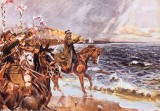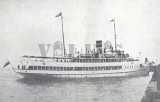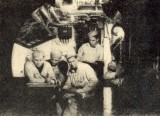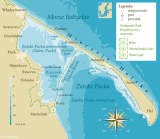Lukáš Kovář / Kwango Mbwana
Article count: 9
Views count: 237.954
Full profile page: Lukáš Kovář / Kwango Mbwana








We believe that there are people with different interests and experiences who could contribute their knowledge and ideas. If you love military history and have experience in historical research, writing articles, editing text, moderating, creating images, graphics or videos, or simply have a desire to contribute to our unique system, you can join us and help us create content that will be interesting and beneficial to other readers.
Find out more